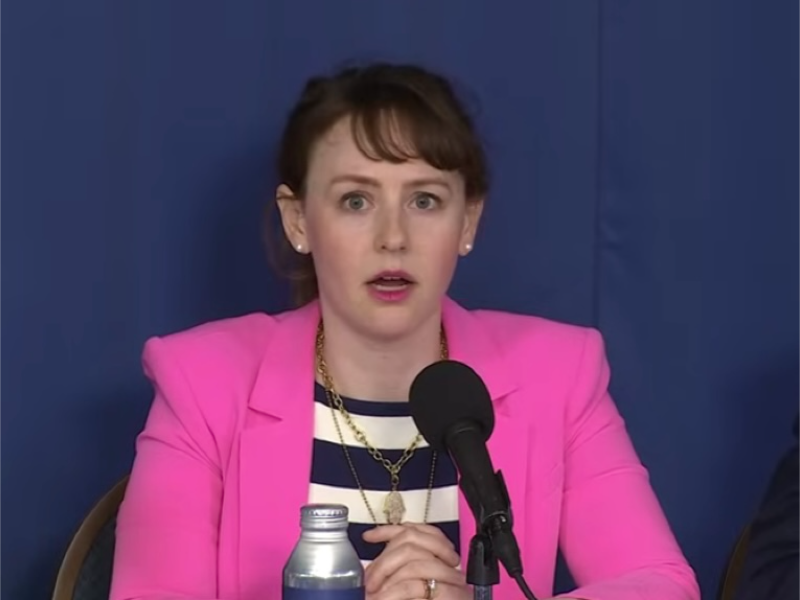- Arielle Roth denies prioritising Elon Musk’s Starlink in federal broadband subsidy allocations.
- Democrats warn against shifting funds from fibre to satellite amid cost concerns.
What happened: Broadband funding debate intensifies amid political tensions
Arielle Roth, the Trump administration’s nominee to lead the National Telecommunications and Information Administration (NTIA), faced scrutiny during a Senate hearing on Thursday over allegations that the $42 billion Broadband Equity, Access, and Deployment (BEAD) program could disproportionately benefit Elon Musk’s satellite venture, Starlink. The program, approved in 2021 under the Biden administration, aims to connect underserved U.S. regions but has drawn criticism for slow implementation, with only three states finalising proposals to date.
Democrats, led by Senator Ed Markey (D-MA), accused the Trump team of seeking to alter funding criteria to favour satellite providers like Starlink over cheaper fibre-optic infrastructure. Markey cited a statutory preference for fibre in the original legislation, arguing that satellite should remain restricted to areas where laying cables is “excessively expensive.” Roth countered, stating her commitment to administering funds “to the benefit of the American people, not any single individual or company.”
Republicans, including Senator Ted Cruz (R-TX), dismissed claims of bias, instead accusing the Biden administration of “blacklisting” Musk for political reasons. Cruz highlighted that no Americans have yet been connected under BEAD, blaming bureaucratic delays. Meanwhile, Commerce Secretary Howard Lutnick recently announced a program review to adopt a “tech-neutral approach,” raising concerns among Democrats that fibre’s priority status could be weakened.
As of March 2024, 30 states are still evaluating provider applications, while four have selected contractors. Democrats allege the Trump administration has stalled progress since January, though Roth emphasised efforts to accelerate approvals.
Also read: CMA revisits mobile ecosystems amid rising political scrutiny
Also read: Elon Musk and SoftBank CEO explore investment opportunities
Why it’s important
The BEAD program represents the largest federal investment in U.S. broadband infrastructure, targeting over 8 million households lacking reliable internet. Its allocation criteria carry significant implications for rural economies, telehealth, and education. Fibre-optic networks, while costlier to install initially, offer faster speeds and lower long-term maintenance costs compared to satellite. A shift toward satellite could reduce upfront expenses but risks creating a two-tier system where rural users face higher latency and data caps.
The debate also underscores broader tensions over federal oversight of emerging technologies. Satellite broadband, led by Starlink, has expanded rapidly, serving 2.7 million global users as of 2023. However, critics argue its reliance on low-Earth orbit satellites requires frequent launches, raising sustainability concerns. The NTIA’s review of “tech neutrality” could set precedents for future infrastructure projects, balancing innovation with equitable access.
Politically, the clash reflects deepening partisan divides over Musk’s role in public projects. As a Trump ally and frequent critic of Biden policies, Musk’s ventures—from SpaceX to X (formerly Twitter)—have become flashpoints in debates over corporate influence. The outcome may shape how federal agencies navigate conflicts between technological advancement and legislative mandates.

